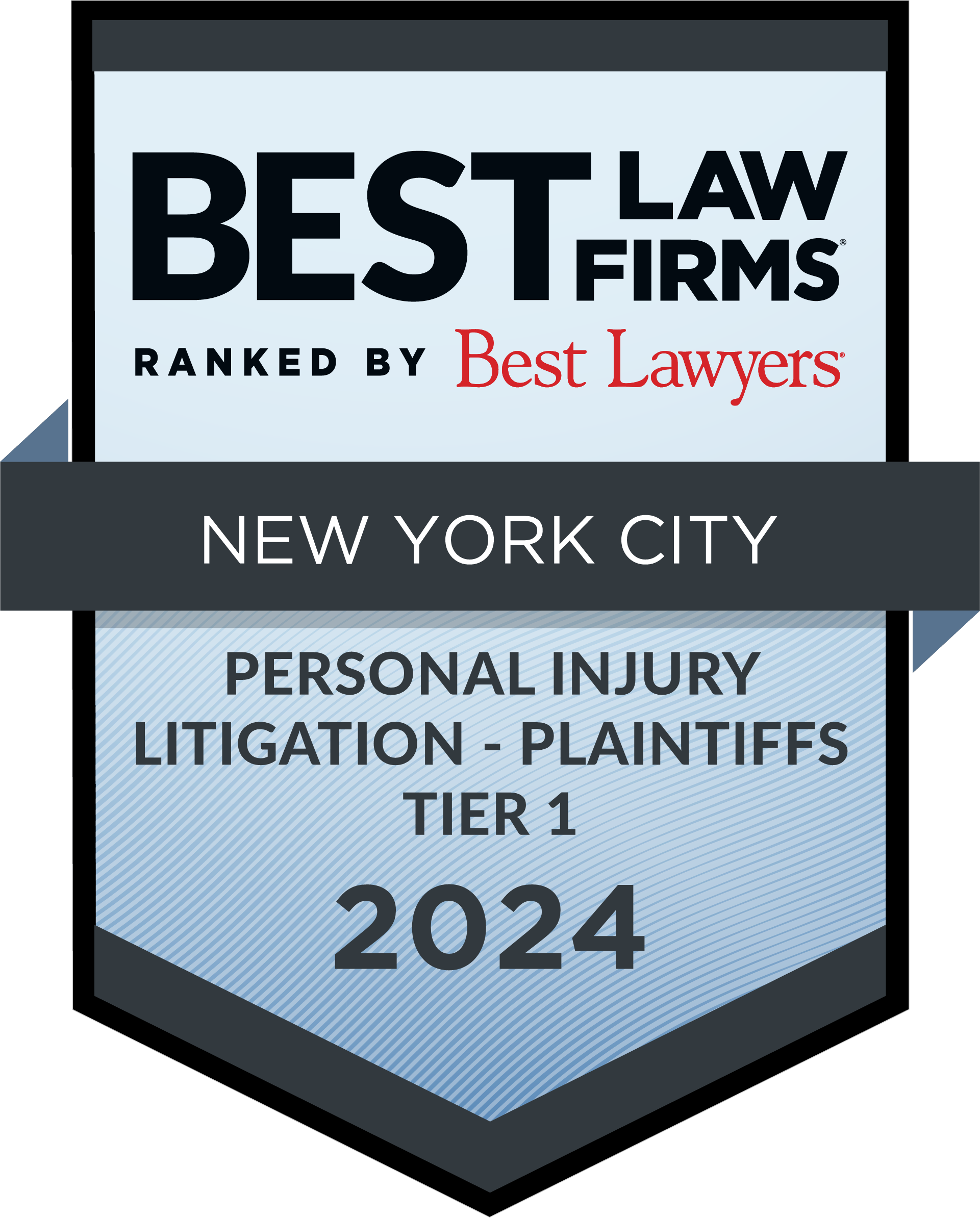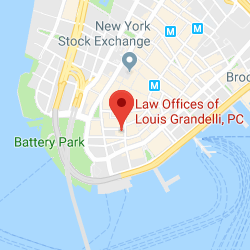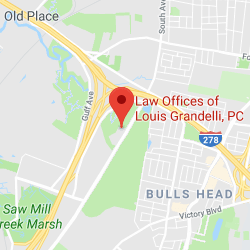The federal government has instituted a rule which will make it easier for victims of elder abuse and nursing home negligence to obtain justice. As the New York Times reports, the decision by the United States Health and Human Services Department this week forbids nursing homes that receive federal funding through Medicare and Medicaid from imposing forced arbitration on its patients.
Nursing homes throughout the country were participating in the disturbing trend of forced arbitration before the government stepped in to help end the practice. In essence, nursing homes have been making patients sign off on arbitration clauses as a condition of treatment. This effectively compels patients, frequently elderly and vulnerable, to waive their right sue due to the wrongdoing of nursing homes and their staffs.
As law professor Myriam Gilles of the Benjamin N. Cardozo School of Law told the Times last year, the practice “amounts to the whole-scale privatization of the justice system”. The result is that “Americans are actively being deprived of their rights.”
With the new rule, nursing home patients will get their day in court.
The rule will have profound and wide-ranging implications. Indeed, it will affect nursing homes with 1.5 million residents throughout the nation.
This newest push by the federal government is part of a wider effort to curtail the privatization of the justice system. Just this May, the Consumer Financial Protection Bureau, a federal consumer protection organization, revealed a draft of a rule to stop credit card companies from using arbitration clauses that forbid consumers from participating in class-action lawsuits. State governments have also argued for stricter rules when it comes to forced arbitration. In fact, officials in 16 states and the District of Columbia argued that the federal government should cut off funding for nursing homes that use the clauses since arbitration can keep instances and patterns of abuse hidden from the public eye. Instead, private arbitrations are frequently held in the law offices of the very attorneys hired by the nursing homes to defend them. Even when victims of nursing home abuse or negligence achieve a financial award, the arbitration provisions frequently forbid victims and their families from publicly talking about the wrongdoing.
Patient advocacy groups and lawyers who work with elderly people too have hailed the decision to end forced arbitration in nursing homes. Some times elderly people do not even know what they are signing when they are admitted to nursing homes, an often stressful experience.
In one case, an appeals court stated that it would not discard an arbitration clause signed by a man who could not read or write on the grounds that a state’s law maintains that “the inability to read and understand the arbitration agreement does not render the agreement unconscionable or otherwise unenforceable”.
At Louis Grandelli, P.C., we have significant experience in evaluating and litigating nursing home cases. If you or a loved one has suffered as a result of the negligence of a medical care provider, it is important to speak with an attorney as soon as possible in order to preserve your rights. If you are interested in legal assistance, please don’t hesitate to call us for a free legal consultation.



















